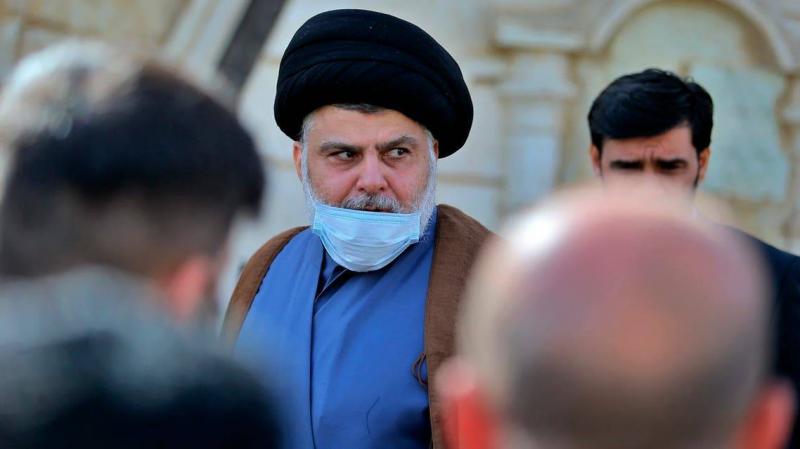The leader of the Sadrist Movement in Iraq, Muqtada al-Sadr, announced his retreat for the next forty days, granting his Iranian-backed opponents the opportunity to form the upcoming government in the country. This unexpected move by al-Sadr comes against the backdrop of ongoing political deadlock in Iraq, five months after the general elections.
Al-Sadr's offer was made in a tweet where he also called on his followers not to interfere "positively or negatively" while his opponents from the Coordination Framework, a coalition of Iranian-backed Shia parties, attempt to form a government together. Iraqi political parties have reached an impasse, as al-Sadr, the election winner, has been unable to form a coalition government. He criticized his opponents, stating that they "have obstructed the process and continue to do so."
The two sides differ on the nomination for the presidency, which is a hurdle that could also extend to the prime ministership. It remains unclear which party forms the largest bloc in parliament due to the shifting and unclear loyalties of certain lawmakers and parties.
The forty-day window introduced by al-Sadr will begin on the first day of Ramadan, expected to start next Saturday. Farhad Alaaeddin, head of the Iraqi Advisory Council, a policy research institute, tweeted that this development is a "clear and bold challenge" directed at his opponents while it is also "a test for the partners."
Al-Sadr won the highest number of seats in the elections but not enough to declare a parliamentary majority. Iranian-aligned parties, including those affiliated with former Prime Minister Nouri al-Maliki, have emerged as his main competitors. The parliament session last Saturday failed to reach the required two-thirds quorum to elect a president, largely boycotted by legislators tied to the Coordination Framework.




